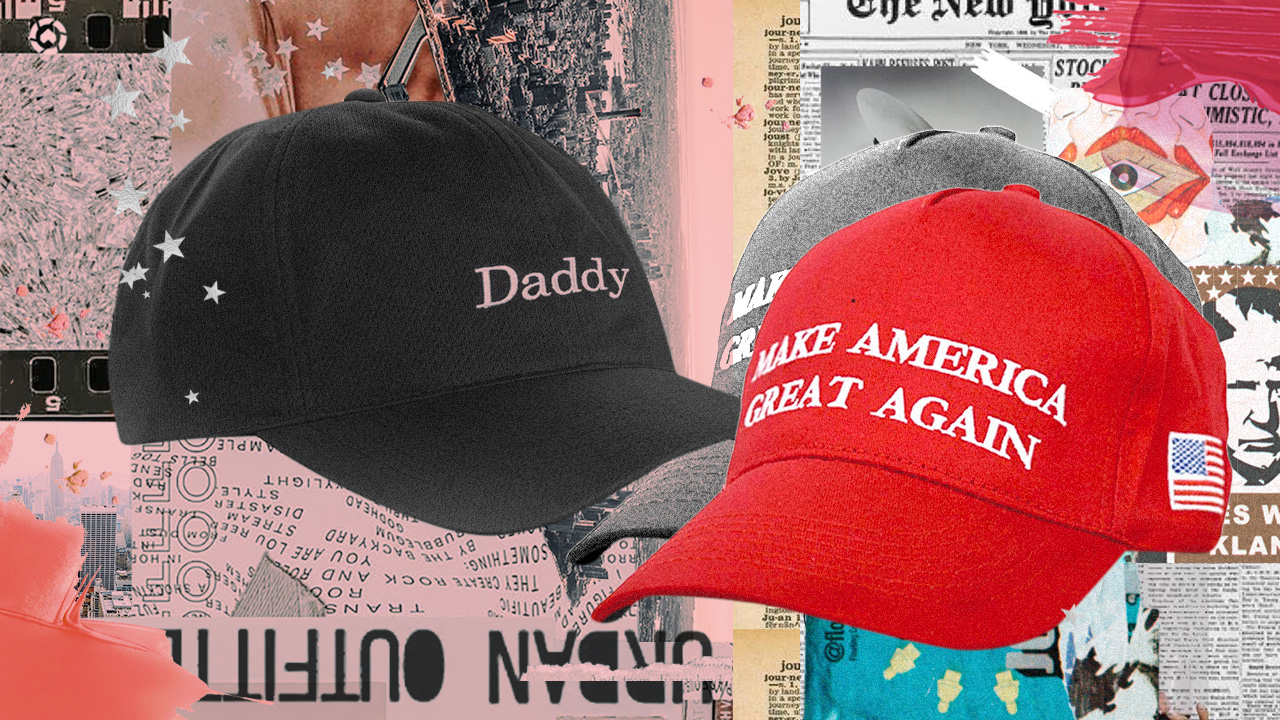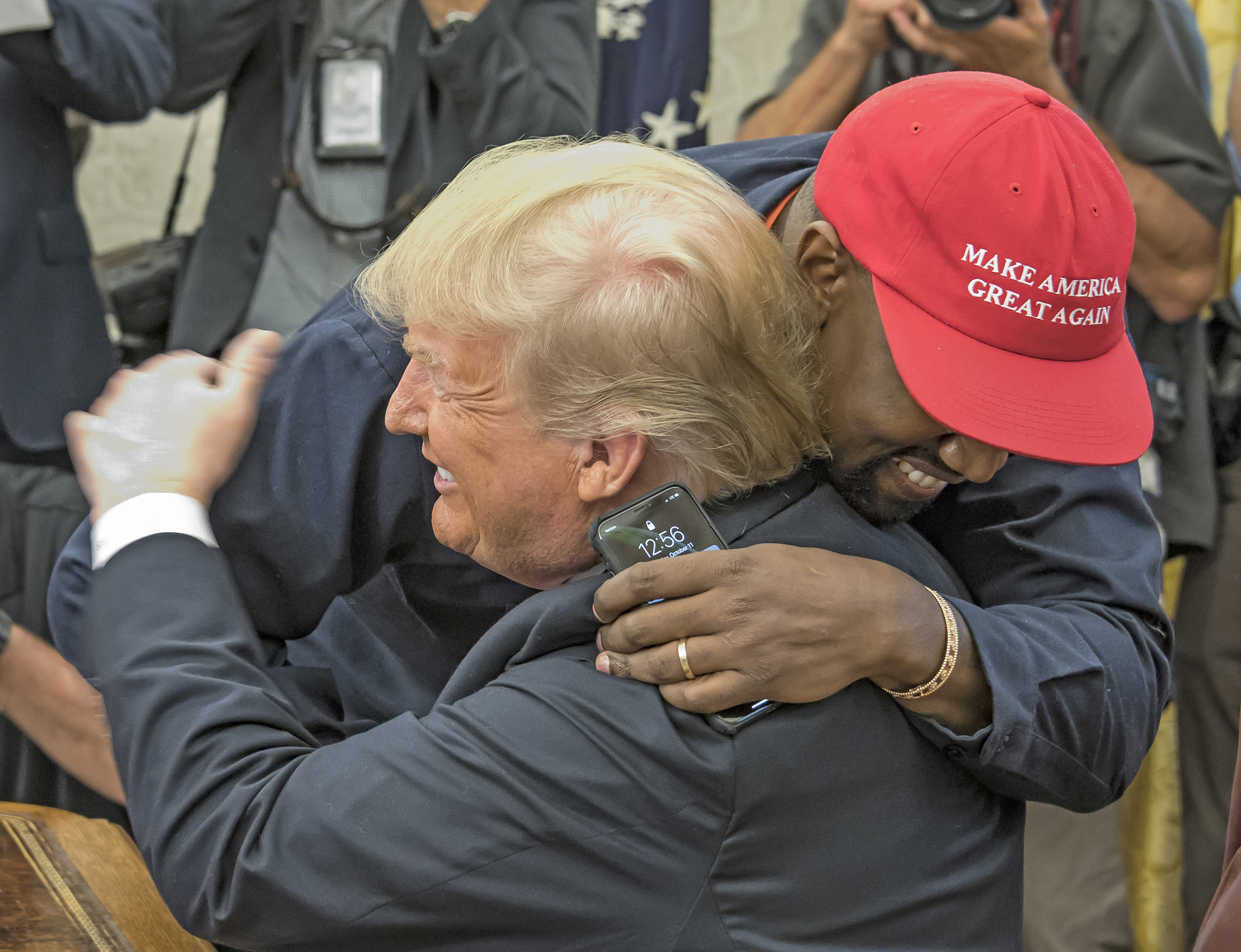

When the so-called ‘SoHo Karen,’ Miya Ponsetto appeared on CBS This Morning for an interview with Gayle King earlier this week, she wore a crop top, a black biker jacket, a pair of tortoiseshell glasses, and a $16 cap from Urban Outfitters emblazoned with the word Daddy. What was meant to be a public atonement for assaulting a 14-year-old Black teenager she wrongly accused of stealing her phone (the incident went viral after the boy’s father, Grammy-winning jazz trumpeter, Kayon Harrold Sr., shared footage of the attack online) quickly descended into the most disastrous attempt at a reputation-salvaging interview since Prince Andrew welcomed the BBC behind the walls of Buckingham Palace.
Ponsetto was churlish, petulant, and unrepentant, pulling off the remarkable feat of leaving the interview even more disliked than she had been beforehand. She even had the gall to raise her hand to King and cut her off mid-sentence, ‘Alright, Gayle. Enough,’ she drawled. The ‘Daddy’ hat was a mere cherry on top of an uncomfortable and embarrassing nine minutes of television.
Obviously, Ponsetto was immediately memefied, her performance being, as it was, the embodiment of the kind of gross entitlement we’ve come more accustomed to associating with middle-aged white people (Ponsetto is 22 and part Puerto Rican). Dazed called her ensemble ‘the antithesis of an apology outfit,’ PAPER declared the ‘Daddy’ hat ‘officially over,’ and NYLON reported that Urban Outfitters had removed the product from their shelves. Even Ponsetto’s own lawyer distanced herself, calling her client “challenging” and clarifying that both she and the CBS crew had repeatedly asked Miya to remove the hat before the taping started.
The daddy hat stays ON while I excuse my racism and try to shut down a journalist pic.twitter.com/7RQUK7j7zE
— Tijuana Maxx (@byalexzaragoza) January 8, 2021
Perhaps Ponsetto was taking style cues from the outgoing president. Donald Trump has, after all, single-handedly transformed the slogan hat into a powerful tool for political shorthand (and the ‘Daddy’ hat certainly had ‘I Don’t Really Care, Do U?’ undertones). Pre-2016, caps were a neutral, unremarkable blip on the radar of fashion consumption, a forgotten relic of the early Noughties, when Von Dutch trucker hats were all the rage, and the Nineties, when they were the backbone of norm-core dad’s off-duty wardrobes.
But then along came MAGA, and over the last four years, Trump’s most effective piece of campaign merchandise has grown to become a nefarious sartorial dog whistle. Robin Givhan, writing for The Washington Post, called the red truckers “a symbol of us vs. them, of exclusion and suspicion, of garrulous narcissism, of white male privilege, of violence and hate,” and likened wearing a MAGA hat to “draping one’s self in the Confederate flag.” Charles Blow wrote for The New York Times that the hats were a “visual stand-in for Trumpism, a new iconography of white supremacy, white nationalist defiance, and white cultural defense.”
Devised and designed by Trump himself, the hats played a key role in both his presidential bids, both aesthetically and financially. In 2019 the president celebrated the sale of his one-millionth MAGA hat (they retail for a not-insignificant $45 each). The Trump campaign sold $4 million worth of merch between March and April 2020 alone. And as Trump’s financial options post-presidency look increasingly slim, there’s no doubt he’ll continue peddling his political merchandise long after January 20th. He’ll need to find a new retailer—Shopify dropped him from their site following last week’s Capitol Siege.

Trump famously devised the MAGA hat because he wanted to wear it while he played golf, though he perhaps also foresaw that a sea of red heads would create more striking photographs than a sea of red T-shirts. And that image: of a faceless, anonymous Trump army is where the answer to the riddle ‘why hats?’ lies. There’s a reason the only people you see wearing baseball caps are A-list celebrities trying to fly under the radar—they offer at least the illusion of anonymity.
A common thread that seems to unite Trump voters is the feeling that Washington has excluded them. To that end, a $45 hat offers something money can’t buy—a sense of belonging. And isn’t this what all clothing is offering, really? The nature of the fashion industry is predicated on the idea that, if you own the right things, you will gain access to the right tribe. It was in this spirit that Miya Ponsetto clung to her ‘Daddy’ hat, even as her own lawyer begged her not to. It was a shield of armor, between herself and a world she thinks is misguided in its condemnation of her. It was her way of saying ‘I know you hate me, but I don’t care.” Is there anything more Trumpian than that?














